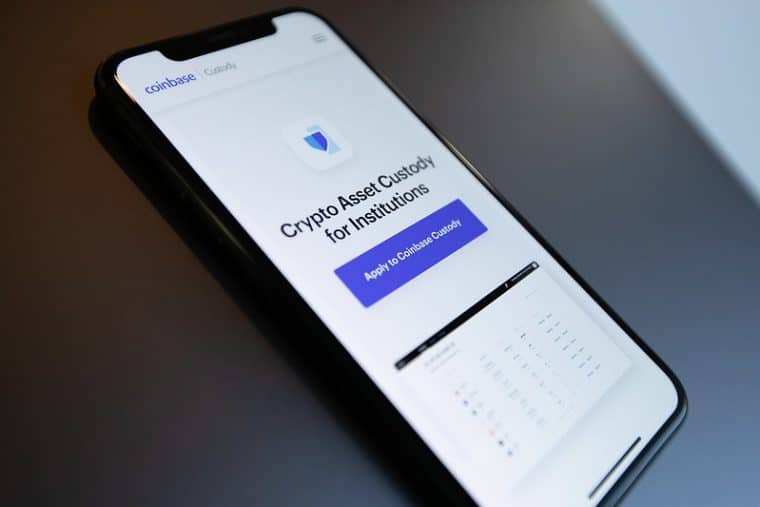
Brian Armstrong, the founder of the popular cryptocurrency exchange Coinbase, created a poll on Twitter to get a feel of what the community thinks is going on with some random account closures performed by Bank of America and reported by a handful of users.
The original tweet cites a post from Muneeb Ali, the founder of a layer-two blockchain protocol called Stacks, on the micro-blogging platform where he shares that his BofA account was unexpectedly closed after 15 years with the institution and without any reason given by the bank whatsoever.
Ali qualified the measure as a direct attack on Bitcoin (BTC) and cryptocurrencies, emphasizing that the reason the bank closed the account is due to his dealings on Coinbase.
Most of the poll’s respondents don’t seem to agree with Ali’s views as only 9% of the 16,701 people that participated said “Yes” to the question “Has @BankofAmerica closed your account due to transactions with @coinbase? Curious if this is the issue.”, made by the founder of Coinbase.
Has @BankofAmerica closed your account due to transactions with @coinbase? Curious if this is the issue.
— Brian Armstrong ️ (@brian_armstrong) July 13, 2023
Bank of America has not weighed on the tweet and no official statement has been made by the bank to tackle the rumors. The voting window has been finalized already.
Banks Have Blocked Crypto Transactions in Other Latitudes
The move comes at a point when tensions between traditional financial institutions and cryptocurrency exchanges are at a high point following various incidents including the bankruptcy of many of them – i.e. FTX, BlockFi, and Voyager Digital.
There are precedents in the United Kingdom of banks joining forces to ban their customers from transacting with digital assets. In March this year, various financial institutions in the European nation including HSBC, Barclays, and Lloyds banned crypto purchases by using their credit and debit cards.
Meanwhile, other banks made the decision to limit crypto purchases to relatively small monthly amounts. In the case of HSBC, the bank stated that this measure aimed to prevent users from being defrauded by bad actors.
Criminal often buy cryptocurrencies after stealing the card’s information from the holder and then manage to hide the funds from authorities by masking where the fund goes by performing thousands of transactions via crypto mixers like Tornado Cash.
The SEC’s Lawsuit Against Coinbase Could Prompt Banks to Halt Transactions
Last month, the United States Securities and Exchange Commission (SEC) sued Coinbase for allegedly operating without being adequately registered as a securities broker-dealer institution in the country.
Armstrong’s company has argued for a long time that cryptocurrencies are not traditional securities and should not be treated as such. The head of the US-based exchange argues that authorities have been slow at creating a comprehensive legal framework that regulates digital assets specifically.
According to Armstrong, the US is falling behind in terms of innovation due to lawmakers’ reluctance to sit down with relevant actors in the industry to discuss what needs to be done for the ecosystem to protect consumers without crippling innovation.
“Despite being identified as potentially critical to US economic and national security, the US is pushing the technology and the innovators overseas due to lack of clear rules and regulations for crypto”, Coinbase commented in a blog post published a day before the SEC’s legal proceeding was made public.
This move from the US’s top financial watchdog came just a day after it sued Binance, the global exchange headed by Changpeng Zhao, for illegally operating as an exchange in the country through its subsidiary called BAM Trading.
Banks may decide to block or limit users’ ability to make transactions with crypto exchanges that are undergoing some legal proceedings if they believe their funds could be in danger. However, crypto continues to be legal in the United States and institutions are not allowed to prohibit this type of transaction.